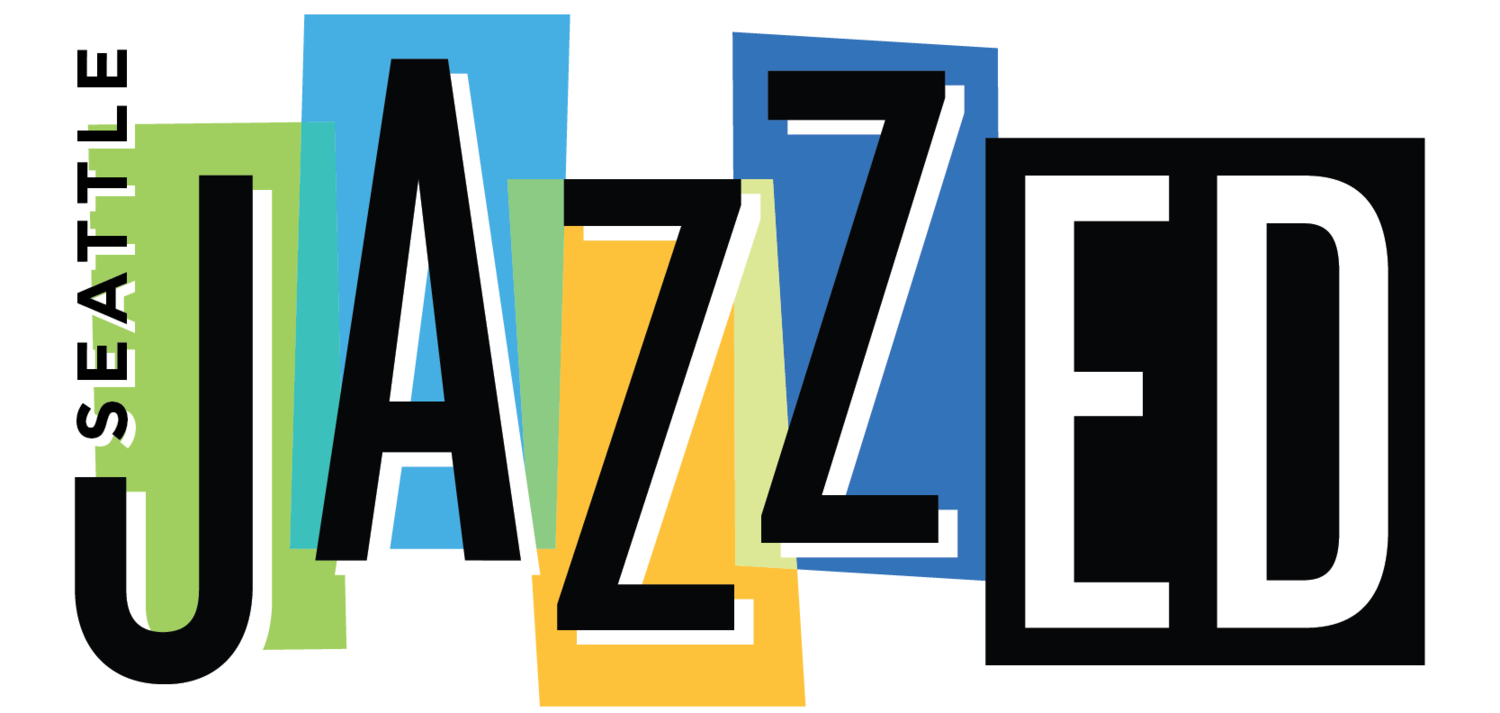Claiming Space in Jazz: A Personal and Collective Story
/By Shelby Archer, Program Registration Manager at Seattle JazzED
My journey in jazz began in 6th grade when I picked up the saxophone. From middle school through college, I was often one of the only girls or femme players in jazz bands, which created an internal pressure to prove my worth in what felt like a boys' club. I developed a tough, competitive edge—always striving to be the best while simultaneously battling the urge to hide or quit. But my love for jazz and playing music kept me going.
Playing saxophone became my voice and way of carving out space in a male-dominated field, where I ultimately found belonging through music and lifelong friendships with fellow band geeks.
That experience shaped the way I see my work today. I’ve been at Seattle JazzED for two years now, and even though I was never a Seattle JazzED student myself (said with only slight jealousy and regret), I feel incredibly close to the work we do as a jazz musician and educator.
I’ve worn many hats before landing in my current role as the Program Registration Manager. I started by working in our after-school Foundations programs, commuting to Seattle Public Schools throughout the week. I was an extra adult in the room with a musical background—helping students tune their instruments, fixing strings on the fly, taking attendance, encouraging participation and focus, and sometimes engaging in impromptu dance battles (when challenged). It was a hands-on role that connected me deeply with students, their families, our teachers, and school administrators.
Now, in my more behind-the-scenes role, I focus on family communications and student registration, tracking student demographics, and synthesizing reports for our staff and board. As a right-brained musician, I was intimidated by the data-heavy aspect of my role. But I’ve come to view these spreadsheets as stories, or snapshots of our students' journeys at Seattle JazzED.
For most of JazzED’s history, our student demographics reflected the same gender disparity that has existed in jazz spaces for decades. Despite our commitment to inclusivity and creating a space where all students feel free to express themselves—learning to be brave and not perfect—historical patterns are difficult to break.
Traditional music programs, particularly those with auditions and competitive placement systems, can be intimidating, especially for young girls. Even though jazz as an art form is rooted in freedom and self-expression, many school-based programs have cultivated environments that unintentionally uphold exclusivity.
One of my biggest projects in this role has been analyzing our student data over the past five years—tracking shifts in race, ethnicity, gender, and zip codes, as well as financial accessibility through our sliding scale tuition. Seattle JazzED has evolved immensely over the last 15 years, especially in response to the changing needs of the community. The impacts of COVID-19, shifts in enrollment, and even our move from South Seattle to South Lake Union have all influenced who we serve. Through it all, our commitment to accessibility and inclusivity remains the same.
That’s why fall 2024 marked a historic milestone. The past five years of demographic data showed a consistent predominance of He/Him-identifying students across all our programs—aside from our Femme Ellington Project (our class made up of all-femme identifying players!). But this fall, for the first time, She/Her-identifying students became the most reported gender identity among our students. This shift reflects years of intentional effort to create an inclusive space where all students feel they belong—a milestone worth celebrating.
Looking at the data is one thing, but seeing it come to life in our classrooms is another. When I see young students stepping into our space, picking up their instruments with confidence, and improvising without fear—being brave, not perfect—I see a version of myself I wish I had unlocked when I was younger. More importantly, I see a future for jazz that is more diverse, more welcoming, and more representative of the voices that have always deserved to be heard.
Jazz is a Black American art form, born from resilience and resistance against oppression. Because of this, we must play it and teach it in a way that is empowering, reformative, and rooted in inclusivity. Jazz must be a space where all players feel free to express themselves, and that’s exactly what we strive to cultivate at Seattle JazzED.












